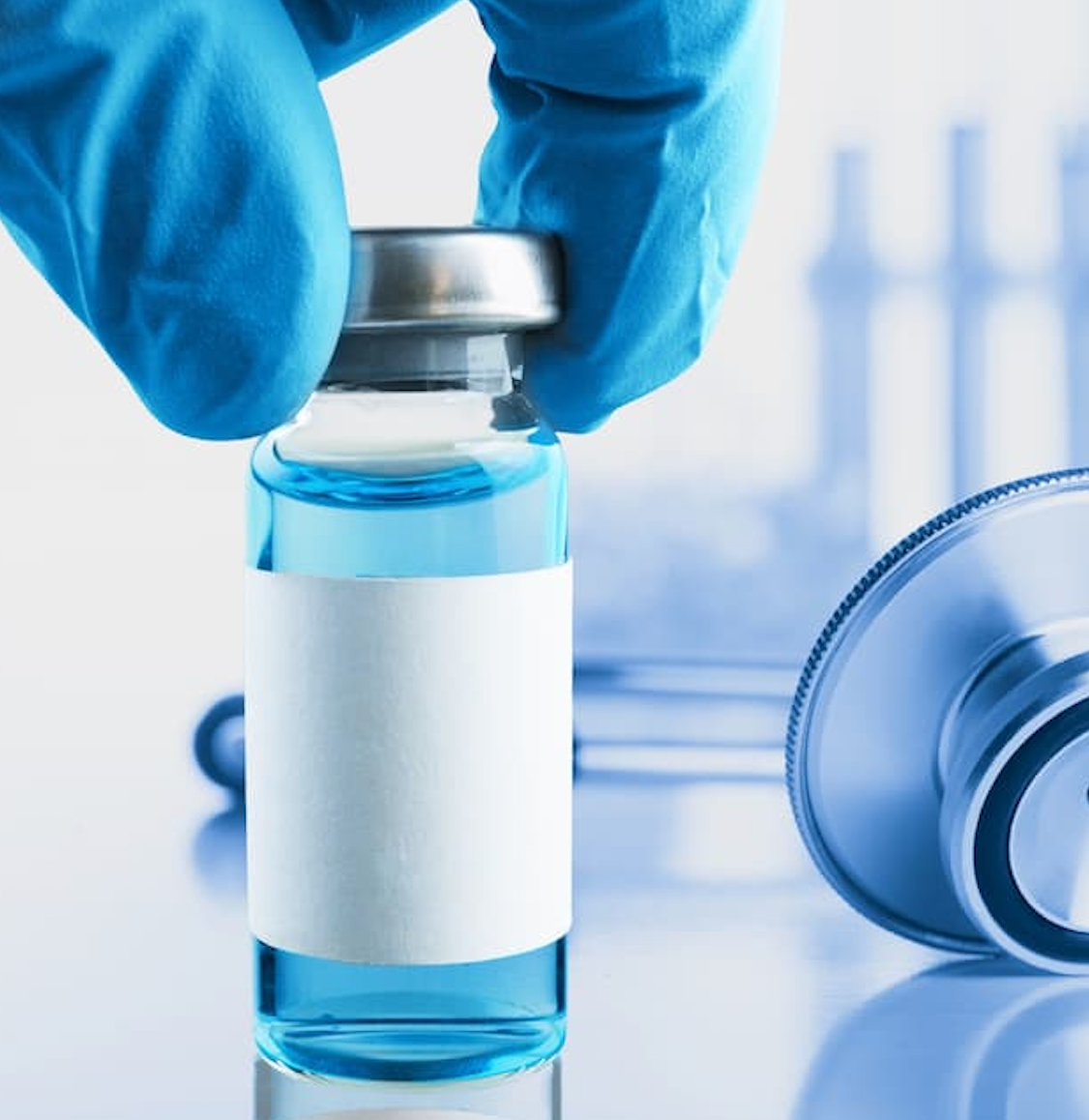Pharmacokinetic Bioequivalence Demonstrated Between Tocilizumab and Biosimilar HS628
The main pharmacokinetic parameters were comparable between the tocilizumab reference and the biosimilar cohorts.
Pharmacokinetic (PK) similarity and bioequivalence were observed between tocilizumab (Actemra) and its biosimilar (HS628), according to a study published in Clinical and Translational Science.1 The immunogenicity and safety profiles were also shown to be comparable.
Credit: Adobe Stock/BillionPhotos.com

Tocilizumab, a recombinant humanized immunoglobulin G1 (IgG1) monoclonal antibody, inhibits interleukin-6 receptors (IL-6R). The drug, which is approved by the United States Food and Drug Administration (FDA), has been shown to improve the symptoms of rheumatoid arthritis (RA), improve quality of life and physical function, and prevent the radiological progression of joint damage.2
“HS628 has been developed by Hisun Pharmaceutical in China, as a proposed biosimilar tocilizumab of originator tocilizumab,” wrote a group of Chinese investigators. “A subset of state-of-the-art methods have been performed to determine the similarity between the proposed biosimilar HS628 and originator tocilizumab. The comprehensive physicochemical and biological characterization…provided solid evidence to prove the similarity between the proposed biosimilar HS628 and originator tocilizumab.”
In the phase 1, double-blind, parallel-controlled, single-dose study conducted at the Phase 1 Clinical Research Center at Shanghai Xuhui Central Hospital, a total of 80 healthy Chinese male subjects were randomized 1:1 to receive a single intravenous infusion of HS628 or the reference product at 4 mg/kg over 60 minutes. After 96 hours of medical monitoring on site, safety assessments were conducted and biological samples were collected at days 7, 10, 14, 17, and 21.
The biosimilarity was evaluated using the standard bioequivalence criteria 80% – 125%. PK parameters included the area under the serum concentration-time curve (AUC) from time 0 to the last time point (AUC0-t), AUC from time 0 extrapolated to infinity (AUC0-∞), and maximum observed serum concentration (Cmax). Safety was evaluated using adverse events, laboratory testing, and physical examination.
Ultimately, 77 patients completed the study, with well balanced, comparable demographic characteristics observed across treatment arms. The mean age was 27.6 years vs 27.1 years, and the mean body mass index was 22.21 kg/m2 versus 22.44 kg/m2 for patients in the biosimilar and reference drug cohorts, respectively.
The main PK parameters were comparable between the reference and biosimilar cohorts. The ratio of geometric least-squares means (GMR) and its 90% confidence intervals (CIs) for Cmax, AUC0-t, and AUC0-∞ were 1.04 (.99 – 1.10), 1.06 (1.00 – 1.12), and 1.07 (1.00 – 1.14), respectively; all fully within the bioequivalence range.
At day 14, treatment-induced anti-drug antibodies (ADA) was reported in 1 patient in the biosimilars cohort (2.5%) and none in the reference cohort. Throughout the study, treatment-induced ADA was reported in 4 (10%) patients in the biosimilars group and 3 (8.11%) in the reference group (P >.05).
Incidence rates of treatment emergent adverse events (TEAEs) were comparable between both groups, with 114 TEAEs observed in the biosimilar group (92.50%) and 115 in the tocilizumab group (86.49%). Most adverse events were rated as mild in severity and most patients recovered spontaneously without treatment. The most common TEAEs (reported in over 10% of patients) were oral ulcer, pharyngalgia, leukocyte decreased, fibrinogen decreased, neutrophil decreased, and erythrocyte sedimentation rate increased (P >.05).
“The results of present study provide strong evidence to support the PK similarity and bioequivalence between HS628 and Actemra, and obtain the safety and immunogenicity of tocilizumab biosimilar HS628 as required by international guidelines on biosimilarity,” investigators concluded. “A phase 3 clinical study is in progress currently, to compare the efficacy and safety of HS628 and Actemra in patients of moderate to severe RA.”
References
- Qian H, Cheng J, Gui Y, et al. A phase I study comparing the pharmacokinetics and safety of HS628 (tocilizumab biosimilar) and reference tocilizumab in healthy male subjects [published online ahead of print, 2023 Jul 4]. Clin Transl Sci. 2023;10.1111/cts.13584. doi:10.1111/cts.13584
- Smolen J S, Beaulieu A, Rubbert-Roth A, et al. Effect of interleukin-6 receptor inhibition withtocilizumabinpatientswithrheumatoidarthritis(OPTIONstudy):adouble-blind, placebo-controlled, randomised trial. Lancet. 2008;371:987-997